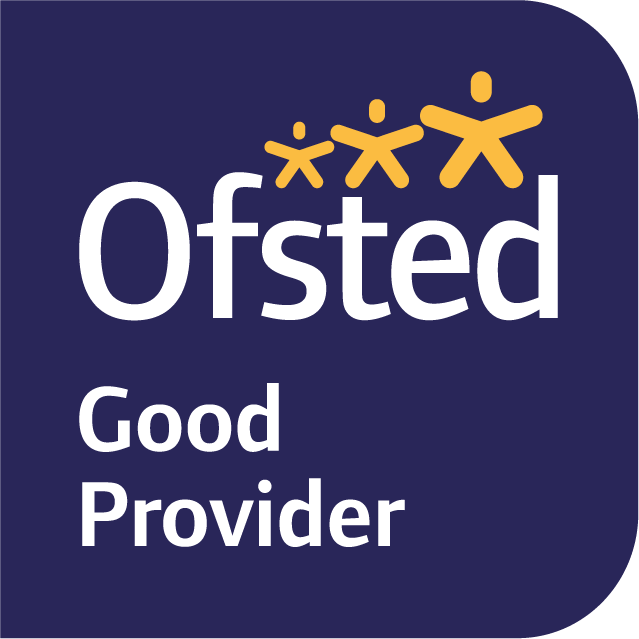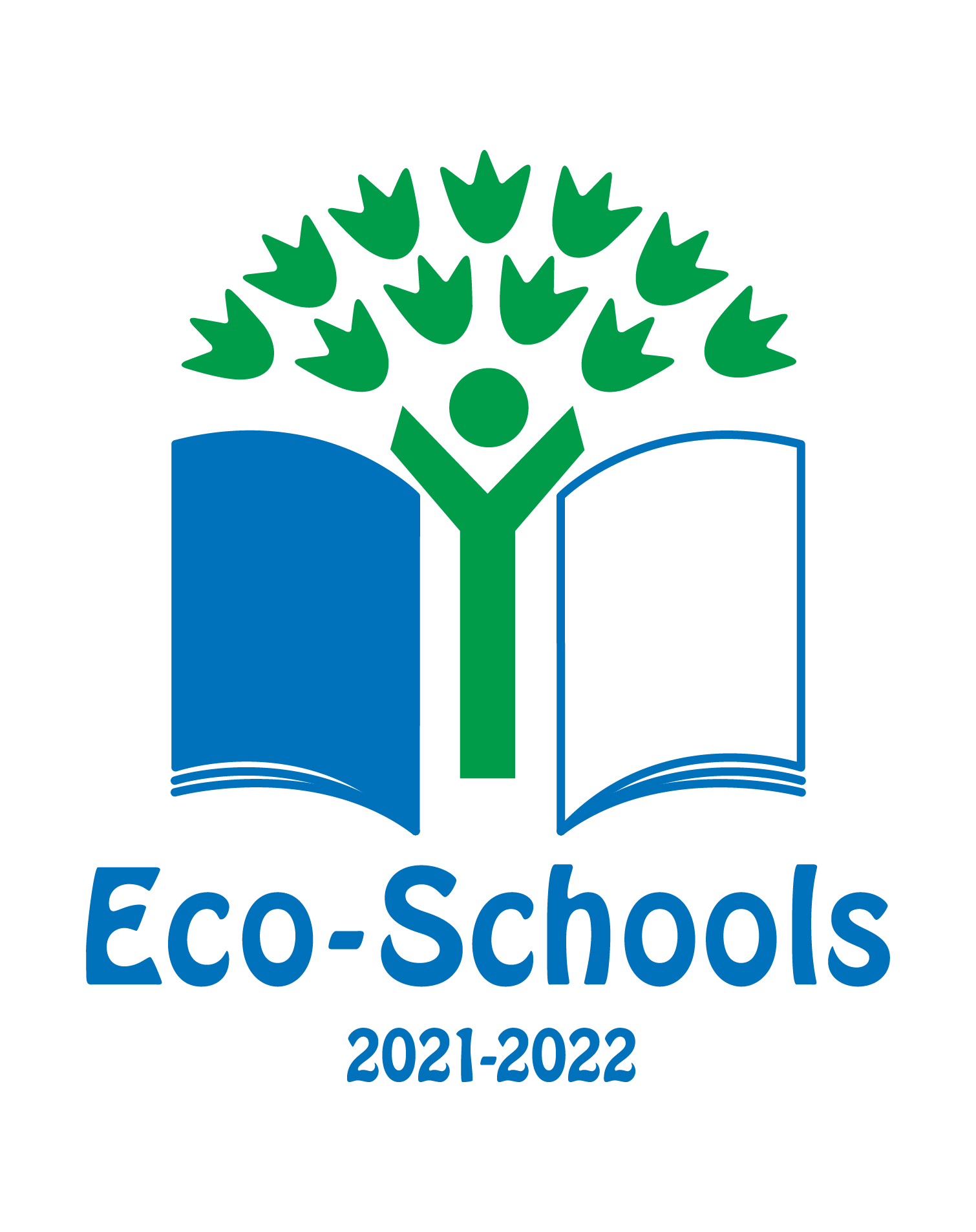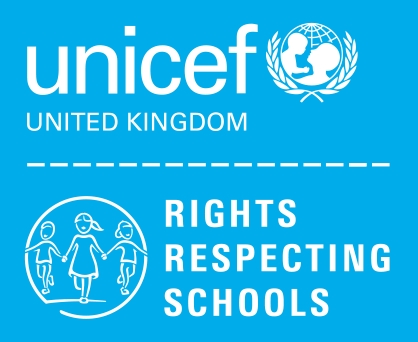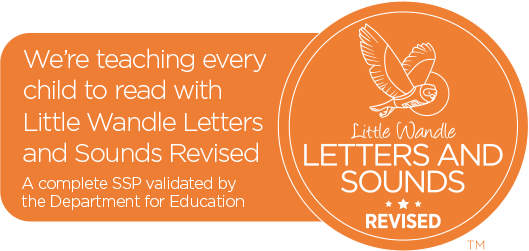Computing
Our Computing Curriculum aims to enable our pupils to become responsible, creative and adaptable users of technology, allowing them to benefit from all the opportunities that living in a connected world brings. We want our children to leave Lord Street prepared for an ever-changing digital future, knowing and applying the skills of computer science, information technology and digital literacy. We want them to become confident and competent users of a range of technology for both work and pleasure. We want them to have a critical awareness of their own and other’s online behaviour, and use effective strategies for staying safe and making a positive contribution online.
The teaching of computing is vital in developing active participants in a digital world. It is our intention to enable children to find, explore, analyse, exchange and present information. We also focus on developing the skills necessary for children to be able to use information in a discriminating and effective way.
What will it look like in EYFS, KS1 and KS2?
The early learning goals at EYFS aim to guide children to recognise that a range of technology is used in places such as homes and schools. Children will have opportunities to select appropriate technology for a particular purpose.
In Year 1 and 2, pupils should be taught to:
- understand what algorithms are; how they are implemented as programs on digital devices; and that programs execute by following precise and unambiguous instructions
- create and debug simple programs
- use logical reasoning to predict the behaviour of simple programs
- use technology purposefully to create, organise, store, manipulate and retrieve digital content
- recognise common uses of information technology beyond school
- use technology safely and respectfully, keeping personal information private; identify where to go for help and support when they have concerns about material on the internet or other online technologies.
In Years 3 to 6 pupils should be taught to:
- design, write and debug programs that accomplish specific goals, including controlling or simulating physical systems; solve problems by decomposing them into smaller parts
- use sequence, selection, and repetition in programs; work with variables and various forms of input and output use logical reasoning to explain how some simple algorithms work and to detect and correct errors in algorithms and programs
- understand computer networks including the internet; how they can provide multiple services, such as the world-wide web; and the opportunities they offer for communication and collaboration
- use search technologies effectively, appreciate how results are selected and ranked, and be discerning in evaluating digital content
- select, use and combine a variety of software (including internet services) on a range of digital devices to design and create a range of programs, systems and content that accomplish given goals, including collecting, analysing, evaluating and presenting data and information.
- use technology safely, respectfully and responsibly; recognise acceptable/unacceptable behaviour; identify a range of ways to report concerns about content and contact.
At Lord Street lessons are designed to be fun and engaging, and meet all requirements of the National Curriculum for Computing. There are clear planning documents and excellent supporting materials for teachers, as well as plentiful opportunities for children to apply their new knowledge and skills in bespoke, creative tasks.
The computing curriculum has been structured around 4 Big Ideas enabling pupils to reinforce and build upon prior learning, make connections and develop subject specific language: Computing systems and networks, Programming, Creating media and Data and information. The curriculum is organised with the intent to build on prior learning year-on-year, in order to secure children’s knowledge and understanding of key concepts and skills in each area.
Up to two units of work are delivered across each term, with no more than six units across the whole year. Two units of programming and creating media are taught each year. Online Safety is taught within units of work to all children from Year 1 –Year 6 throughout the year and as a discreet unit in EYFS. Spaced learning supports teachers’ planning and delivery of skills and knowledge, as well as the children’s retrieval of prior learning, helping them to know more and remember more.
This repetition of key themes across year groups inherently lends itself to progression in skills and outcomes, including in the level of challenge and complexity of tasks set. Learning outcomes are shared with the children, and teachers make reference to prior learning, supporting the children to forge links between what they already know and the new knowledge they acquire. As a result of our carefully constructed curriculum, children are expected to make good progress in their understanding and application of computing, including applying what they have learnt beyond the classroom.
By building on their knowledge of computer science and how digital systems work, children are equipped to use information technology to create programs, systems and a range of content. Our computing curriculum also ensures that children become digitally literate – able to use, and express themselves and develop their ideas through, information and communication technology – at a level suitable for the future workplace and as active participants in a digital world.
Evidence
At Lord Street Primary School, children record their learning in a variety of ways, including individual folders or on our system. Evidence of the learning is dependent on the lesson outcome; year group and the knowledge and skills being developed. This can be in the form of: shared learning folders, posters, photographs of practical activities/use of programs and speech bubble comments relating the learning.
Assessment
Teachers assess children’s learning throughout each lesson to ensure understanding of skills and knowledge before building onto future learning. Teachers use a range of questioning and retrieval practice to assess children against the aims of the lesson.
Subject Leaders
Subject leaders will conduct deep dives, which include lesson drop ins, pupil interviews and book looks to measure the impact of our teaching, based on how much children can remember. Subject leaders will meet with their counterparts from our other trust schools and will moderate the work and monitoring outcomes from their setting to ensure that standards are exceeding the expectations.





